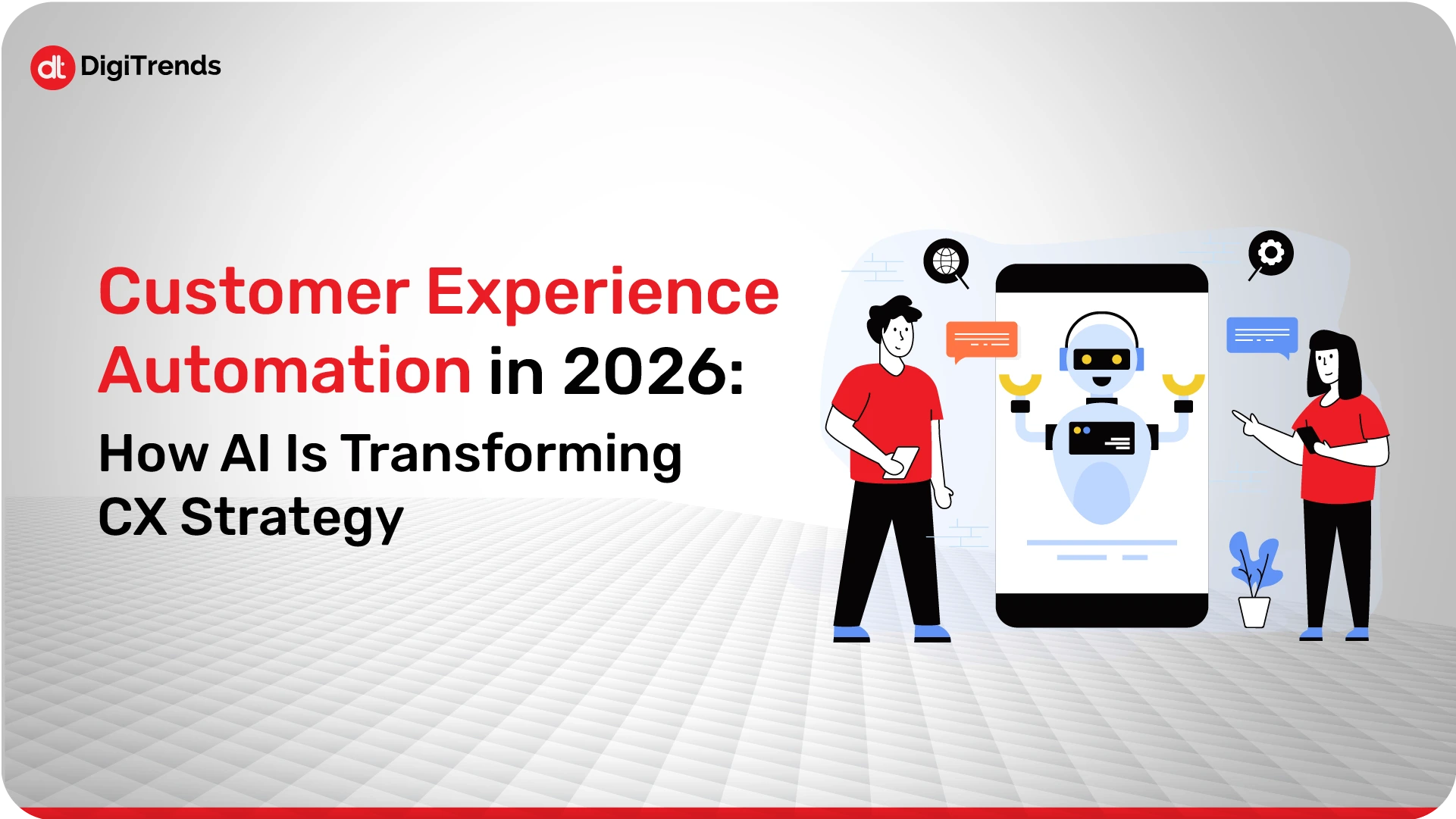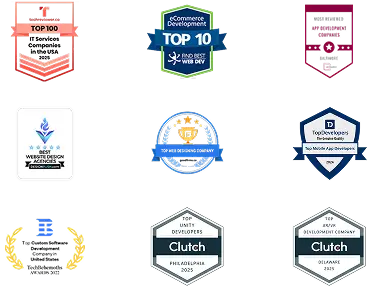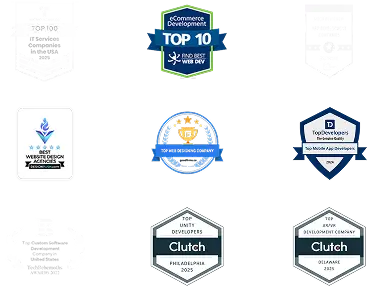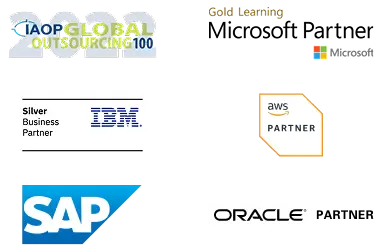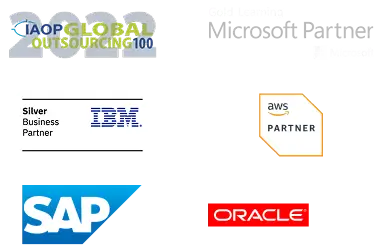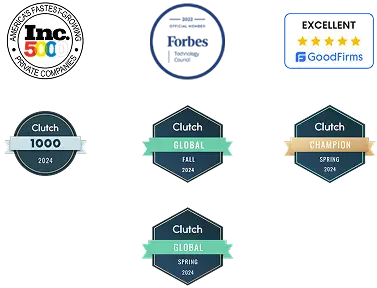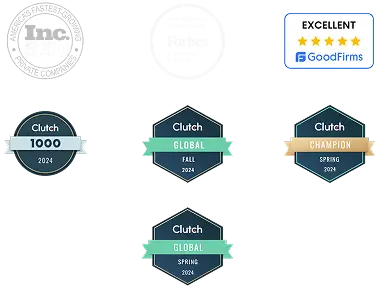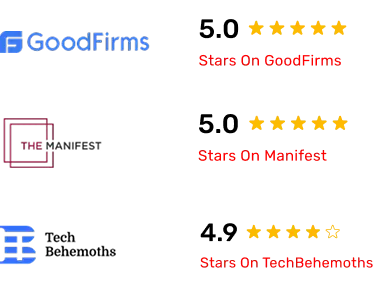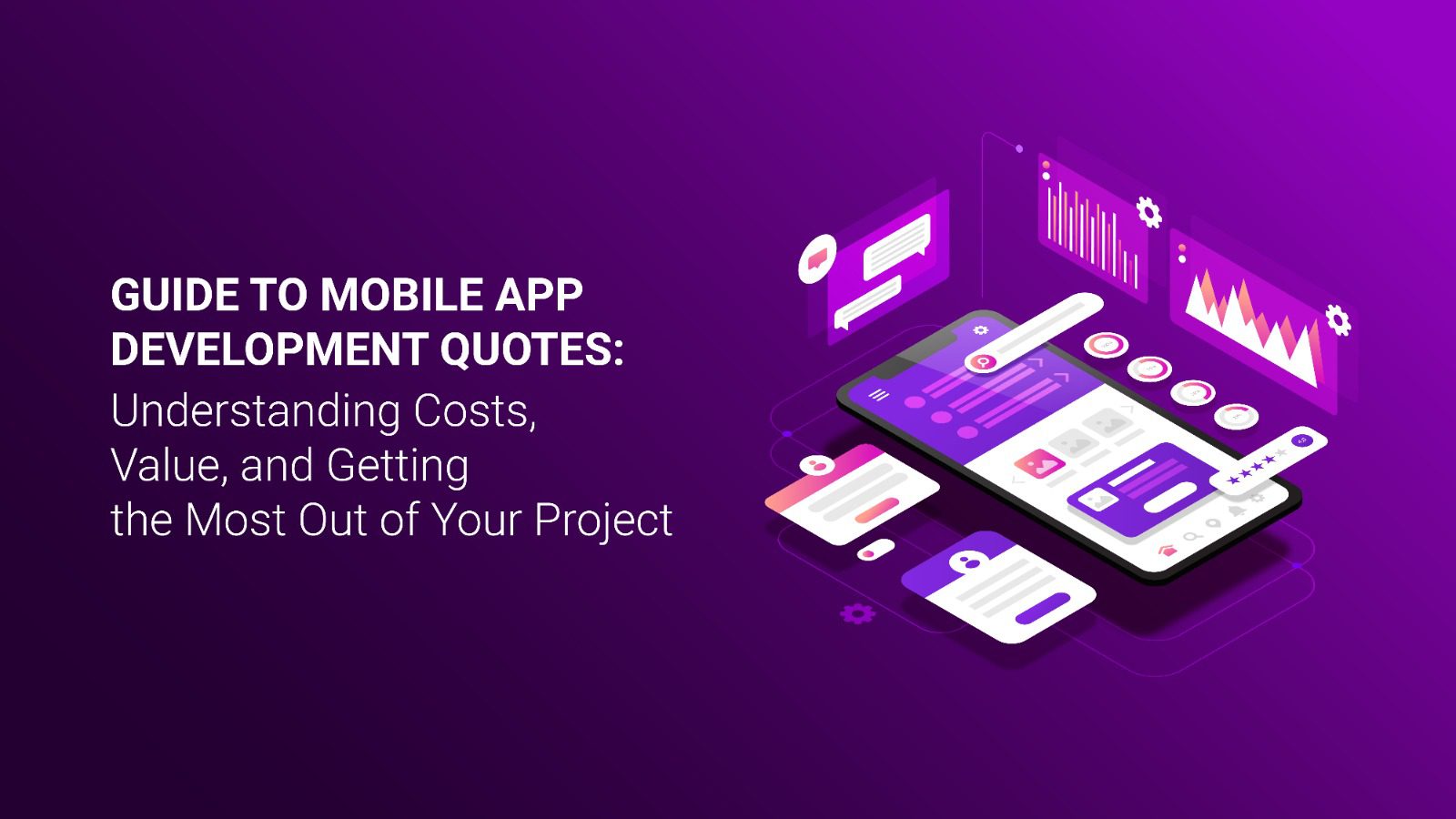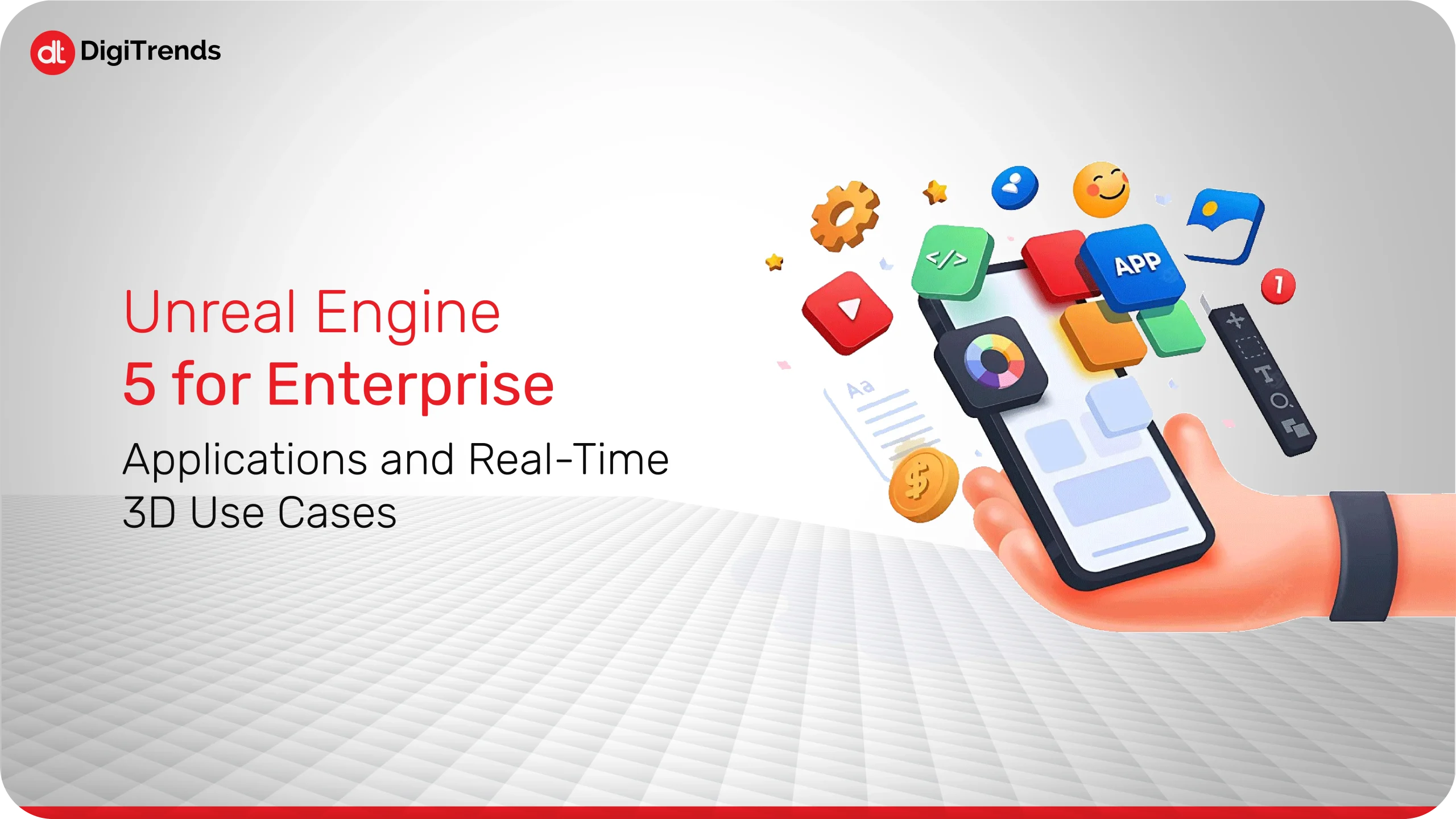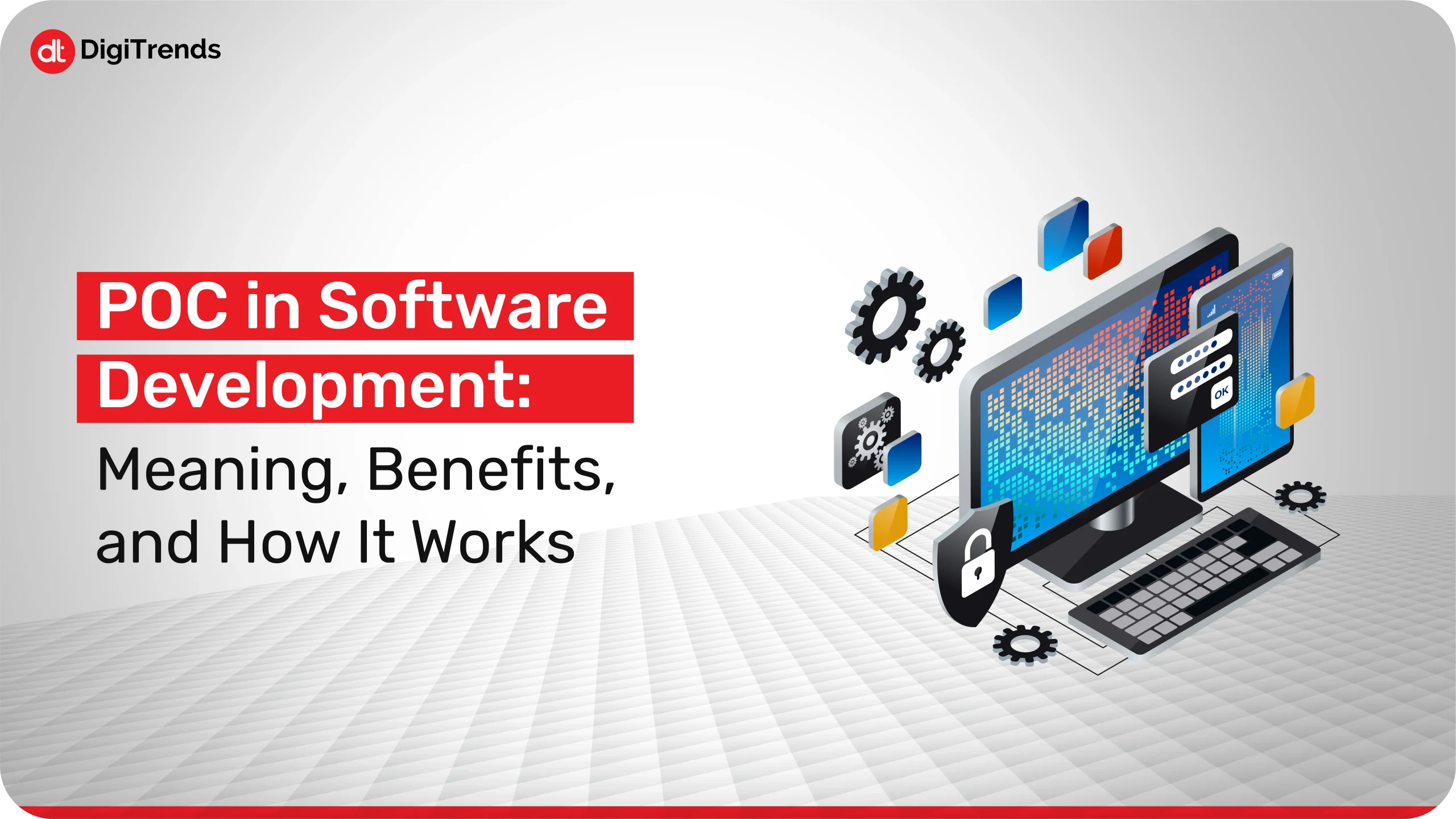In today’s digital age, mobile applications have become a crucial part of our lives. From ordering food and hailing rides to managing finances and staying connected with loved ones, these versatile tools offer a wide range of functionalities and conveniences.
If you’re considering developing a mobile app for your business or personal project, understanding mobile app development quotes is crucial for making informed decisions.
This guide dives deep into everything you need to know about mobile app development quotes, from what they are and the factors influencing their cost to how to interpret, compare, and leverage them for the best possible outcome.
What is a Mobile App Development Quote?
A mobile app development quote is a formal document outlining the estimated cost and scope of your app development project. It provides a breakdown of the services included, the development timeline, and the associated costs.
Quotes can vary depending on the complexity of your app, the development team’s location and experience, and the specific services offered.
Here are the different types of mobile app development quotes you might encounter:
- Fixed-price quote: This type of quote outlines a single, predetermined price for the entire project. It’s suitable for projects with well-defined scope and features.
- Hourly rate quote: This approach charges you based on the development team’s hourly rate multiplied by the estimated number of hours needed to complete the project. This option is often preferred for projects with more flexible scope or ongoing maintenance needs.
- Time and materials (T&M) quote: Similar to the hourly rate quote, a T&M quote estimates the total cost based on the hourly rate and the estimated time required, but with the flexibility to adjust costs as project requirements evolve.
Get Your Mobile App Quote Today!
Empower your business with a cost-effective and detailed app development plan tailored to your needs.
Request a Free Quote Now!
A typical mobile app development quote may include the following components:
- Project overview: A brief description of your app’s purpose, target audience, and key features.
- Development cost breakdown: This details the estimated cost for each development stage, such as design, development, testing, deployment, and maintenance.
- Timeline: An estimated timeframe for completing each development phase and the overall project.
- Team information: Details about the development team’s experience and qualifications.
- Payment terms: Information on payment schedules and milestones.
Here’s an example of a basic mobile app development quote:
- Project: Fitness Tracker App
- Client: ABC Fitness Club
- Development Team: XYZ Tech Solutions
- Quote Type: Fixed Price
- Total Cost: $25,000
Breakdown:
- Design: $5,000
- Development: $15,000
- Testing: $2,500
- Deployment: $2,500
Timeline:
- Design: 2 weeks
- Development: 6 weeks
- Testing: 2 weeks
- Deployment: 1 week
Please note: This is a simplified example, and the actual components and details of your quote will vary depending on your project’s specific needs.
Factors Affecting Mobile App Development Quotes
Understanding the various factors that influence mobile app development quotes empowers you to make informed decisions and ask the right questions during the quoting process. Here are some key factors to consider:
App Complexity: This is arguably the most significant factor impacting development costs. Complex apps with intricate features, functionalities, and integrations will naturally require more development time and resources, leading to higher costs. Here are some examples of how complexity can affect cost:
- Features: Simple features like user login and push notifications are relatively inexpensive to develop, while complex features like real-time chat, AR/VR integration, or custom animations require specialized expertise and can significantly increase the cost.
- Functionality: The core functionalities of your app play a major role. E-commerce apps with shopping cart functionalities and secure payment gateways will cost more than basic informational apps displaying static content.
- Design Complexity: A visually appealing and user-friendly design is crucial for any app, but complex designs with custom animations, 3D elements, or intricate user interfaces require more design time and expertise, impacting the cost.
Platform: The platform you choose for your app development (iOS, Android, or both) can influence the quote. Here’s a breakdown:
- Developing for a single platform (iOS or Android): This is generally the most cost-effective option, as the development team only needs to focus on one platform’s specific requirements and development tools.
- Developing for both platforms (iOS and Android): This approach allows you to reach a wider audience but typically comes at a higher cost. You can either:
Native development:
Develop separate codebases for each platform, ensuringa fully optimized experience for each operating system. This is generally the more expensive option due to the need for two separate development teams or developers with expertise in both platforms.
Cross-platform development:
Utilize frameworks like React Native or Flutter to create a single codebase that can be deployed on both iOS and Android. This can be a cost-effective alternative, but it might come with limitations in terms of customization and performance compared to native development.
- Development Team Location: The geographical location of the development team can also impact the quote. Generally, development teams in regions with a higher cost of living tend to have higher hourly rates compared to those in regions with a lower cost of living. However, it’s important to remember that cost shouldn’t be the sole deciding factor. Consider the team’s experience, expertise, and portfolio when making your decision.
- Project Timeline: Rushing through the development process can lead to increased costs. While a tight deadline might seem appealing, it can put pressure on the development team, potentially requiring them to work overtime or compromise on quality to meet the deadline. This can lead to additional costs and potential bugs or issues in the final product. Aim for a realistic timeline that allows for thorough planning, development, testing, and refinement.
- Additional Services: The base quote might not encompass all the services you need. Consider additional services like app store submission fees, ongoing maintenance and support, marketing and user acquisition strategies, and backend development for complex functionalities like data storage and user management. These services can add to the overall cost, so be sure to factor them in when evaluating quotes.
Transform Your App Idea Into Reality
Learn the true cost of development and build a feature-packed app that fits your budget.
Discover Your Development Plan!
Understanding and Comparing Mobile App Development Quotes
Receiving multiple quotes from different development teams is recommended to get a better understanding of the market rate and compare options. However, simply comparing price points isn’t enough.
Here are some key aspects to consider when analyzing and comparing mobile app development quotes:
- Breakdown of Costs: Don’t just look at the bottom line; dive deeper into the cost breakdown for each development stage. This transparency allows you to understand how the development team is allocating resources and identify potential areas for negotiation or clarification.
- Project Timeline: Compare the proposed timelines across different quotes. While a faster timeline might be tempting, ensure it aligns with your project’s needs and doesn’t compromise on quality. Rushing the development process can lead to issues down the line.
- Team Experience and Qualifications: Look beyond the cost and assess the development team’s experience and qualifications. Do they have experience building similar apps? Do they possess the necessary skills and expertise to bring your vision to life? Consider requesting references or portfolio examples to get a better sense of their capabilities.
- Communication and Client Support: Clear communication and ongoing support throughout the development process are crucial. Evaluate how the development team plans to communicate with you, how they handle project updates, and what level of support they offer during and after development.
Here are some additional tips for comparing mobile app development quotes:
- Ask clarifying questions: If there’s anything unclear in a quote, don’t hesitate to ask for clarification. The development team should be able to explain their pricing structure, methodology, and the reasoning behind their estimates.
- Consider the value proposition: While cost is important, it shouldn’t be the sole deciding factor. Look beyond the price tag and consider the overall value proposition each team offers. This includes their experience, expertise, communication style, and commitment to quality.
- Be wary of extremely low quotes: If a quote seems significantly lower than others, it might be a red flag. It’s essential to ensure the development team can deliver a high-quality product within your budget without compromising on essential aspects like security, functionality, or performance.
Getting The Most Out of Your Mobile App Development Quote
To ensure you receive the most accurate and valuable quotes possible, it’s crucial to be proactive and well-prepared throughout the process. Here are some steps you can take:
- Define your project clearly: The clearer your vision and understanding of your app’s purpose, target audience, and desired features, the more accurate and relevant the quotes you receive will be. Having a well-defined project scope helps development teams estimate the time and resources needed, leading to more accurate quotes.
- Be transparent about your budget: Sharing your budget range upfront allows development teams to tailor their quotes and suggest solutions that fit within your financial constraints. This fosters open communication and helps you avoid receiving quotes that are outside your budget.
- Ask for references and check their portfolio: Before finalizing your decision, request references from the development teams you’re considering. Contact the references and ask about their experience working with the team, the quality of the delivered product, and the overall communication and project management approach.
- Negotiate openly and fairly: Once you’ve identified a development team that aligns with your needs and budget, negotiate the terms openly and fairly. This doesn’t necessarily mean aiming for the lowest price, but rather reaching a mutually beneficial agreement that considers the value proposition, expertise, and timeline. Be prepared to discuss potential adjustments to the project scope or timeline based on the team’s feedback and expertise.
Simplify App Development with Expert Guidance
Partner with experienced developers to bring your vision to life efficiently and effectively.
Let’s Get Started!
Example: Understanding Mobile App Development Costs
To illustrate the factors affecting mobile app development quotes, let’s consider two examples:
Example 1: Simple To-Do List App
- App Complexity: Low complexity – basic features like adding, editing, and marking tasks complete.
- Platform: Single platform (Android).
- Development Team Location: Eastern Europe (moderate cost of living).
- Project Timeline: 3 months.
- Additional Services: None.
- Estimated Quote:
- Total Cost: $10,000 – $15,000
Breakdown:
- Design: $2,000 – $3,000
- Development: $5,000 – $7,000
- Testing: $1,000 – $2,000
- Deployment: $1,000 – $2,000
Example 2: E-commerce App with Secure Payment Gateway
- App Complexity: High complexity – product listings, shopping cart functionality, secure payment integration, user accounts, and personalized recommendations.
- Platform: Both iOS and Android (native development).
- Development Team Location: North America (high cost of living).
- Project Timeline: 6 months.
- Additional Services: App store submission fees, ongoing maintenance and support.
- Estimated Quote:
- Total Cost: $75,000 – $100,000+
Breakdown:
- Design: $10,000 – $15,000
- Development: $40,000 – $60,000
- Testing: $5,000 – $7,000
- Deployment: $2,000 – $3,000
- Additional Services: $10,000 – $20,000+
These are just examples, and the actual costs can vary significantly depending on the specific features, functionalities, and chosen development approach. However, they provide a general idea of how different factors can influence the overall cost of your mobile app development project.
Additional Resources:
By utilizing the information and strategies outlined in this guide, you can effectively navigate the mobile app development quote process and embark on your app development journey with confidence.
Conclusion:
Understanding mobile app development quotes empowers you to make informed decisions throughout the app development process.
By considering the factors influencing costs, carefully comparing quotes, and negotiating effectively, you can ensure you receive a high-quality app that aligns with your vision and budget.
Remember, the most cost-effective approach isn’t always choosing the cheapest option; it’s about finding a development team that delivers exceptional value, clear communication, and a commitment to your project’s success.
